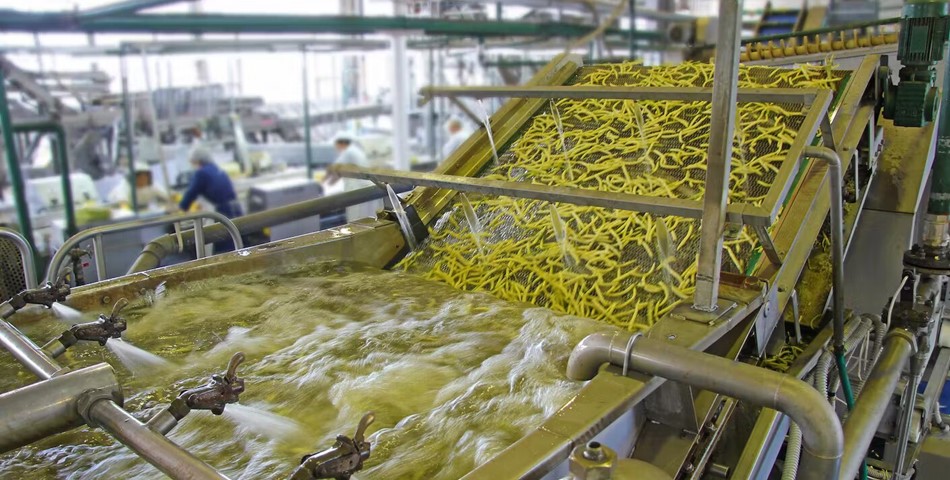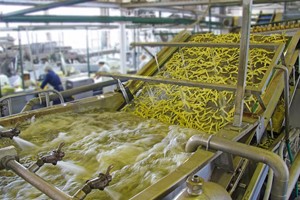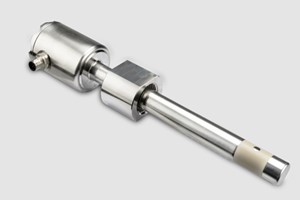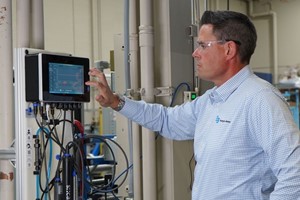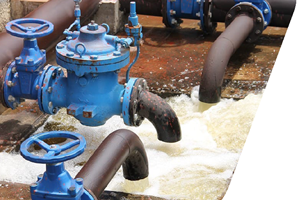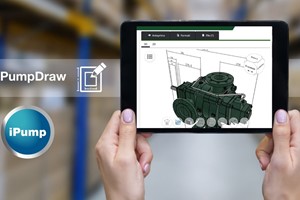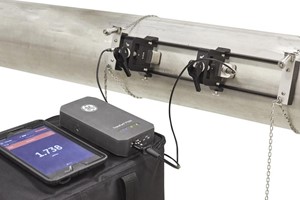The food processing industry is on the brink of a significant transformation in water treatment, thanks to rapid progress in AI, biotechnology, and materials science.
Water treatment in this sector plays a pivotal role, balancing the need for high-quality products with environmental responsibility. As the global food industry expands, optimizing water treatment processes becomes increasingly vital, not just to meet regulatory requirements, but to foster a sustainable future that harmonizes industry growth with environmental conservation. A deep understanding of water treatment forms the foundation upon which food processors can build a legacy based on quality, trust, and sustainability.
The Importance of Water in Food Processing
Water's consumptive footprint globally, accounting for both green (rainwater) and blue (surface and groundwater) water, is estimated between 5,938 to 8,508 km³/year. Climate change and land use alterations are expected to increase this volume by up to 22% by 2090. In food processing, water plays diverse and indispensable roles. It is not merely a filler; it directly affects taste, texture, and shelf-life. Additionally, water serves as a cleaning agent, ensuring equipment cleanliness and product consistency. Its transport capabilities streamline production processes and aid in waste management. Post-use, how water is treated reflects a manufacturer's dedication to sustainability.
Common Water Treatment Challenges in Food Processing
Wastewater, emerging from food production processes, carries with it a complexity reflective of the vast spectrum of food products. From dairy to processed meats, from beverages to baked goods, each sub-sector introduces its unique challenges in wastewater treatment.
Organic and nutrient concentrations: The inherent organic nature of foods means that wastewater is rich in nutrients. Without appropriate treatment, this can lead to environmental challenges such as eutrophication, where excessive nutrients lead to dense plant growth, subsequently depleting oxygen and harming aquatic life.
Fats, oils and greases (FOG): Commonly known as FOG, these components demand special attention. Left unchecked, they can accumulate, hindering water flow and reducing the efficiency of treatment processes.
Recognizing these challenges is merely the first step. Addressing them demands a blend of advanced technologies, innovative strategies, and continuous oversight. The efficiency with which these challenges are tackled can serve as a benchmark for a food processor's commitment to excellence and sustainability.
Optimizing Water Treatment Processes
As the challenges loom large, so do the strategies and technologies poised to address them. The roadmap to optimizing water treatment in food manufacturing is paved with a blend of time-tested methods and cutting-edge innovations. Those advanced filtration techniques include:
Membrane bioreactors (MBRs): MBR technology combines conventional activated sludge treatment with a membrane liquid-solid separation process. This dual approach ensures efficient biological treatment and physical filtration, resulting in high-quality effluent.
Advanced oxidation processes (AOP): AOPs employ a combination of oxidants to break down pollutants at a molecular level, offering a solution for the most stubborn of contaminants.
Reverse osmosis (RO): RO uses a semi-permeable membrane to remove ions, molecules and larger particles from wastewater. It is particularly effective in desalinating and demineralizing water, ensuring that the purified water meets stringent quality standards.
Post these filtration techniques, the treated water emerges not just as a byproduct but as a testament to technological prowess and environmental commitment.
The Future of Water Treatment in Food Manufacturing
The process of water treatment is not static; it is dynamic and ever evolving. Today’s advancing technologies offer the potential for greater efficiency, lower environmental impact and innovations that can redefine the industry.
The water treatment landscape in the food processing sector is on the verge of transformation. With rapid advancements in AI, biotechnology and materials science, future strategies might look remarkably different from today's methodologies. Moreover, there will be a growing emphasis on integrating sustainability at every step, ensuring that water treatment processes not just comply with regulations but set new industry standards.
By: Eric Whitely
Dive deeper into the subject matter – click here to learn more!



